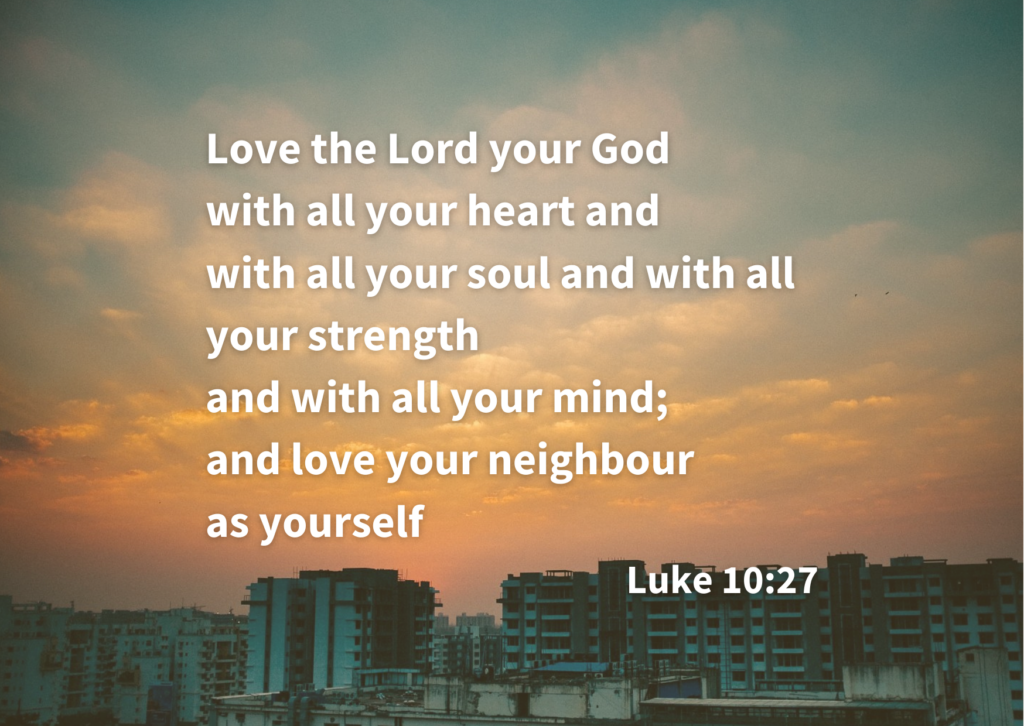As a disciple of Jesus Christ who has a passion for mediation, I am asked to mediate conflicts between fellow believers. The Bible is unambiguous as to what is required in relationships with people and the importance of being at peace with everyone.
It is surprising then that in conflict, many believers struggle to engage with the conflict in a Christ-like manner. Rights, principles, correct vision for the church, legal correctness and self-interest can be the driving forces. Sometimes the mediator just seems to be one more person to convince of the rightness of that person’s position.
My Identity
For Christians, our life and identity is in Jesus Christ.
We are called to transformation, a renewed mind and living out of God’s Spirit living in us.
The Bible story is the story of God’s outrageous heart to walk in intimacy with people.
From the Garden of Eden, to Israel as a people (Deut 7:9) to the Cross, the story is set in an undeserved covenant of love.
Jesus is the message as he lives and speaks love to those he encounters. (Mark 10:21)
Loving God and people is the priority instruction for Jesus’ disciples. (Matt 22:37-39)
And as the apostle Paul reveals the mystery of Jesus and his church, the focus remains on faith expressing itself in love. (Gal 5:6)
The School of Love
For the Christian, life is the school of love: learning to love is the number one lesson God intends for each of us. Love is God’s plan and expectation for every Christian.
So how does the foundation of love impact my approach to conflict resolution?
The Test of Love
Loving our enemies and those who treat us badly is the mark of our gracious heavenly Father in our lives. An unforgiving heart disqualifies us from our own forgiveness. (Matt 6:14-15) These issues are foundational to our relationship with God. The standard is impossible to reach in our own strength. But in humble dependence upon Jesus and with a spirit of gratitude for his forgiveness of my sin and the immensity of God’s love to me, that standard is both expected and natural when we are walking in Christ.
Directions and examples
The Bible gives directions and examples for dealing with conflict, including:
- Loving confrontation (Matt 18:15-20)
- An attitude of mutual submission (Eph 5:21)
- Direction not go to secular courts with disputes with fellow Christians (1 Cor 6:6-7) It is better to be wronged than bring the name of Jesus into disrepute.
- We have been reconciled to God. God has given us the ministry of reconciliation to bless others. (2 Cor 5:14-21) Let reconciliation be seen as part of who we are as disciples.
- Love covers a multitude of sins. (1 Peter 4:8)
- God is active in warning people facing conflict. (Cain and Abel in Gen 4:6-7; Romans 12:18)
Four Principles for conflict resolution*
Those Biblical directions above can be summarised into four key principles for resolving conflict involving Christians. These principles form the foundation for all conflict resolution work conducted by Resolve-Christian Resolution mediators and conciliators:
- Glorify God. (How can I seek to bring glory to God in the way I deal with this conflict?)
- Get the log out of your own eye. (Acknowledge my conduct and contribution to the conflict)
- Gently restore. (Work through the Bible’s restoration guidelines in a humble and loving spirit)
- Go and be reconciled. (Actively seeking to restore relationships, forgiving and seeking forgiveness, and seeking mutually beneficial solutions to differences)
*These are taken from Ken Sande’s book, The Peacemaker, Third Edition, Baker Books: Grand Rapids, 2004.


Recent Comments